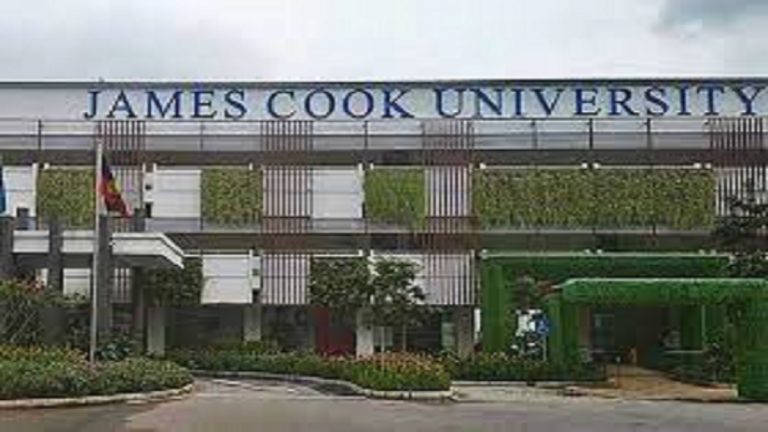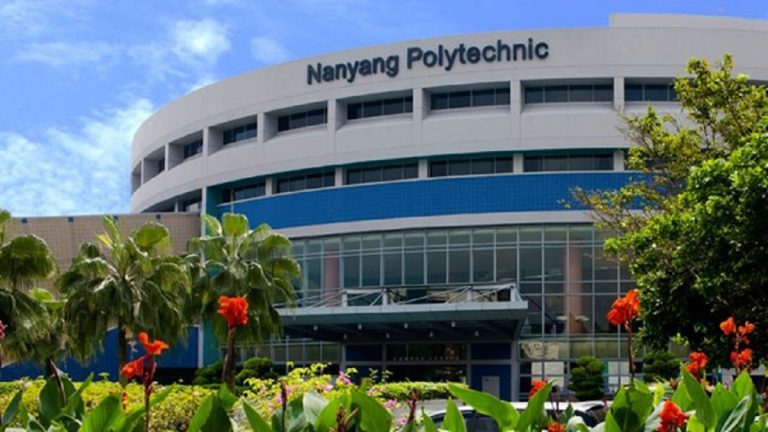
Doctoral Research Fellowships (position code 1017) are available at TIK Centre for Technology, Innovation and Culture at the University of Oslo
3 Doctoral Research Fellowships (position code 1017) are available at TIK Centre for Technology, Innovation and Culture at the University of Oslo (UiO) from 1 August 2022. Candidates are invited to apply for a three-year Ph.D. Research Fellowship within the Centre’s research fields. Two of the fellowships are within the field of Science & Technology Studies and one within Innovation Studies.
STS fellowships
The candidates’ work will be situated within the Centre’s research group ”Science, Technology and Culture”.
The Science, Technology and Culture studies analyses the relations between science, technology and society; how scientific knowledge and technologies emerge and how science and technology are employed in different social contexts, and with what social and political implications. Research within the research group is situated within the interdisciplinary field of science and technology studies (STS). The group has a strong tradition for combining empirical research spanning across the humanities and the social sciences and is open to the study of both historical as well as contemporary issues and materials.
The Ph.D. positions are open to all proposals relevant for STS in its various forms. It is necessary that the candidates are able to position their projects within the field of STS and that they can relate their proposals to the expertise found at TIK.
Innovation studies fellowship
The candidate’s work will be situated within the Centre’s research group “Innovation Studies”.
Innovation studies at TIK has three areas: macro level studies linking innovation with national and regional economic performance, meso level studies of innovation systems and sociotechnical transitions with an emphasis on sustainability challenges, and micro level investigations of how innovation processes take place in networks, organisations and firms. Policy issues are central in all three areas.
The Ph.D. position is open to all proposals relevant for investigating innovation in its various forms. It is necessary that the candidate is able to position her/his project within the field of innovation studies and that she/he can relate the proposal to the expertise found at TIK.
For all fellowships
The research fellows must take part in the Faculty’s approved PhD programme and are expected to complete the project within the set fellowship period. The main purpose of the fellowship is research training leading to the successful completion of a PhD degree. For more information, please see the Faculty of Social Sciences’ web site.
In addition to their own research work, fellows may be invited to participate in teaching and/or administration activities connected to research and teaching at the Centre. All such work will be compensated with an equivalent extension of the research fellowship. The total duration of the extension may not exceed twelve months.
Qualification requirements
Applicants must hold a two years Master’s degree or equivalent in the social sciences or humanities and meet the requirements to be enrolled in the PhD-programme.
In addition, the Ph.D. candidates must have:
- Fluent oral and written communication skills in English.
- Good professional writing skills.
- Demonstrated research capabilities.
- Personal suitability and motivation for the position.
Collaboration skills and an ability to join interdisciplinary academic communities will be an advantage.
For applicants to the STS fellowships it is also required:
- Extensive knowledge of Science & Technology Studies/STS.
- Strong interest in the development of STS research both theoretically and empirically.
For applicants to the Innovation studies fellowship it is also required:
- Strong interest in the development of innovation research.
- Ideas about ways in which innovation can be studied empirically.
- Previous experience with quantitative or qualitative data analysis and, if applicable, related software.
The candidates are expected to take active part in activities like seminars and workshops at TIK. Residency in or close to Oslo is therefore expected.
Evaluation of the application
The candidates must specify in their application if they want to be evaluated for the STS fellowships or for the Innovation Studies fellowship. Their application will be evaluated accordingly by two distinct committees.
When evaluating the application, emphasis will be given to the applicant’s project description for his/her proposed Ph.D. project, as well as the applicant’s academic and personal prerequisites to carry out this project. A good match between the candidate’s proposal and the research profile, strategies and activities within the respective research group at the centre will be given weight along with the quality of the proposal and the qualifications of the candidate.
Short-listed candidates will be invited for an interview.
We offer
- Salary NOK 491 200 – 534 400 per annum depending on qualifications in a position as PhD Research fellow.
- Academically stimulating working environment
- Favourable pension benefits under the Norwegian Public Service Pension Fund scheme.
- Attractive welfare benefits including excellent benefits for families (kindergarten, paid paternal/maternal leave etc) and a generous pension agreement. In addition, Oslo offers a family-friendly environment with its rich opportunities for culture and outdoor activities in its immediate surroundings.
How to apply
The application must include:
- Cover letter (statement of motivation and research interests).
- CV (summarizing education, positions and academic work).
- Project proposal and progress plan (5 to 10 pages) for the work to be undertaken during the course of the term of appointment.
- Copies of educational certificates (academic transcripts only).
- List of publications and academic work (if applicable).
- List of reference persons: 2-3 references (name, relation to candidate, e-mail and phone number).
The application with attachments must be delivered in our electronic recruiting system, please follow the link “apply for this job”. International applicants are advised to attach an explanation of their University’s grading system. Please note that all documents should be in English (or a Scandinavian language).
Formal regulations
Please see the guidelines and regulations for appointments to Research Fellowships at the University of Oslo.
No one can be appointed for more than one PhD Research Fellowship period at the University of Oslo.
According to the Norwegian Freedom of Information Act (Offentleglova) information about the applicant may be included in the public applicant list, also in cases where the applicant has requested non-disclosure.
The appointment may be shortened/given a more limited scope within the framework of the applicable guidelines on account of any previous employment in academic positions.
The University of Oslo has an agreement for all employees, aiming to secure rights to research results etc.
Inclusion and diversity are a strength. The University of Oslo has a personnel policy objective of achieving a balanced gender composition. Furthermore, we want employees with diverse professional expertise, life experience and perspectives.
If there are qualified applicants with disabilities, employment gaps or immigrant background, we will invite at least one applicant from each of these categories to an interview.
Contact information
- Leader of the STS group Susanne Bauer
- Leader of the Innovation Studies group Allan Dahl Andersen
- Head of administration Inger-Johanne Ullern
About the University of Oslo
The University of Oslo is Norway’s oldest and highest ranked educational and research institution, with 28 000 students and 7000 employees. With its broad range of academic disciplines and internationally recognised research communities, UiO is an important contributor to society.
TIK Centre for Technology, Innovation and Culture is a cross disciplinary unit at the Faculty of Social Sciences at the University of Oslo. TIK is home to 40 staff members working in research, education and research communication in innovation and science and technology studies (STS). A major part of TIK’s activity is externally funded research. TIK also offers postgraduate education; a PhD-programme and two Master programmes. The Centre also hosts OSIRIS – Oslo Institute for Research on the Impact of Science.


